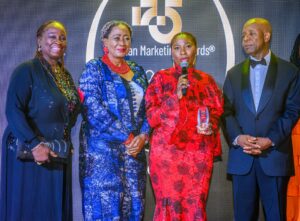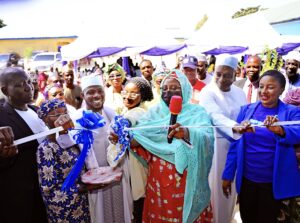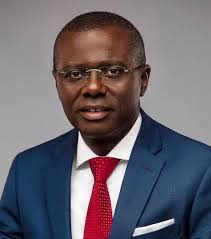
In a bid to proffer innovative funding solutions for water and sanitation infrastructure in Lagos, Africa’s largest metropolis, Stanbic IBTC Bank partnered with the Lagos State Water Regulatory Commission to host its fifth edition of Lagos International Water and Sanitation Conference (LIWAC) 2024, held recently, in Lagos.
The strategic collaboration brought together financial experts, policymakers, and industry stakeholders under the theme ‘Financing Water and Sanitation for a Greater Lagos.’ The conference aimed to address the $4.3 billion investment gap identified by the African Development Bank for water and sanitation-related infrastructure in Lagos.
Lagos State Governor, Babajide Sanwo-Olu stressed the importance of forming strategic international alliances. He explained how collaborations are instrumental in pooling resources, tapping into specialized expertise, and ensuring active community involvement. The governor added that these efforts are critical in driving significant improvements in the water and sanitation sector.
Governor Sanwo-Olu noted that partnerships facilitate the sharing of knowledge and promote best practices. They also foster global cooperation to address water and sanitation challenges more effectively. He elaborated that this comprehensive approach aims to achieve substantial and sustainable advancements in water quality and accessibility, ensuring healthier communities and a more environmentally secure future for Lagos State.
Head, Commercial Banking, Stanbic IBTC Bank, Babatunde Akindele highlighted the significance of this partnership, adding that by collaborating with the Lagos State Water Regulatory Commission for LIWAC 2024, the bank was leveraging its financial expertise to help tackle critical infrastructure challenges.
“This summit represents a crucial step towards developing sustainable funding models to transform Lagos’ water and sanitation landscape; boosting the state’s quality of life and economic activities”, he stated.
The two-day event featured keynote addresses, panel discussions, and workshops focused on innovative financing mechanisms, public-private partnerships, and investment opportunities in the water sector. Participants explored various funding strategies tailored to the unique challenges of water and sanitation projects.








Comments